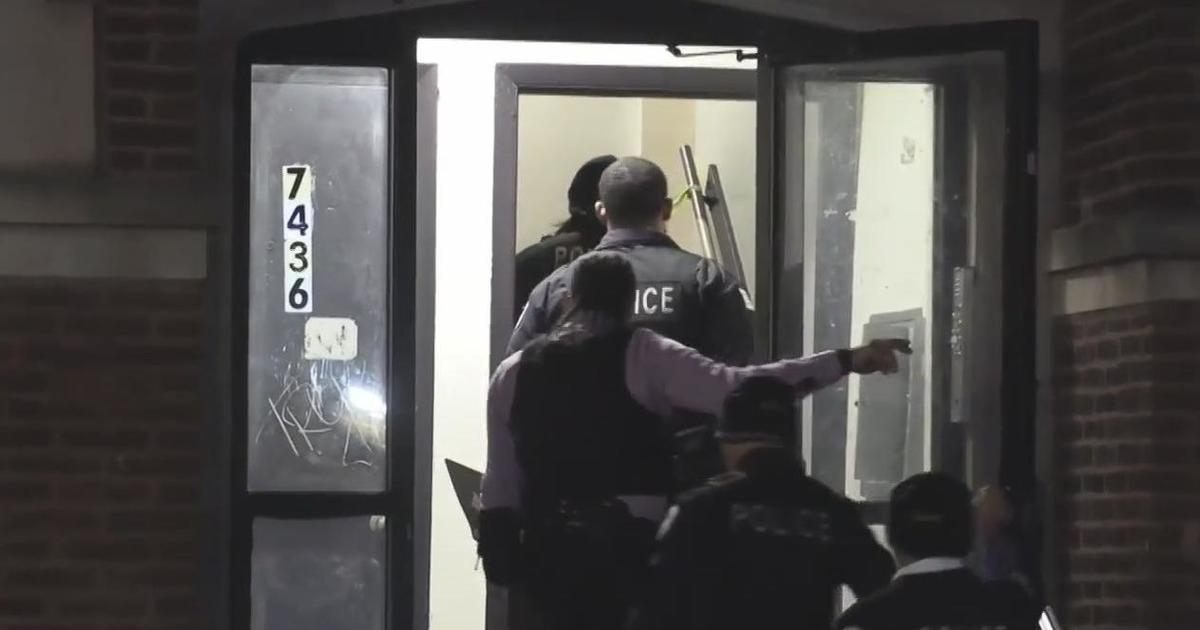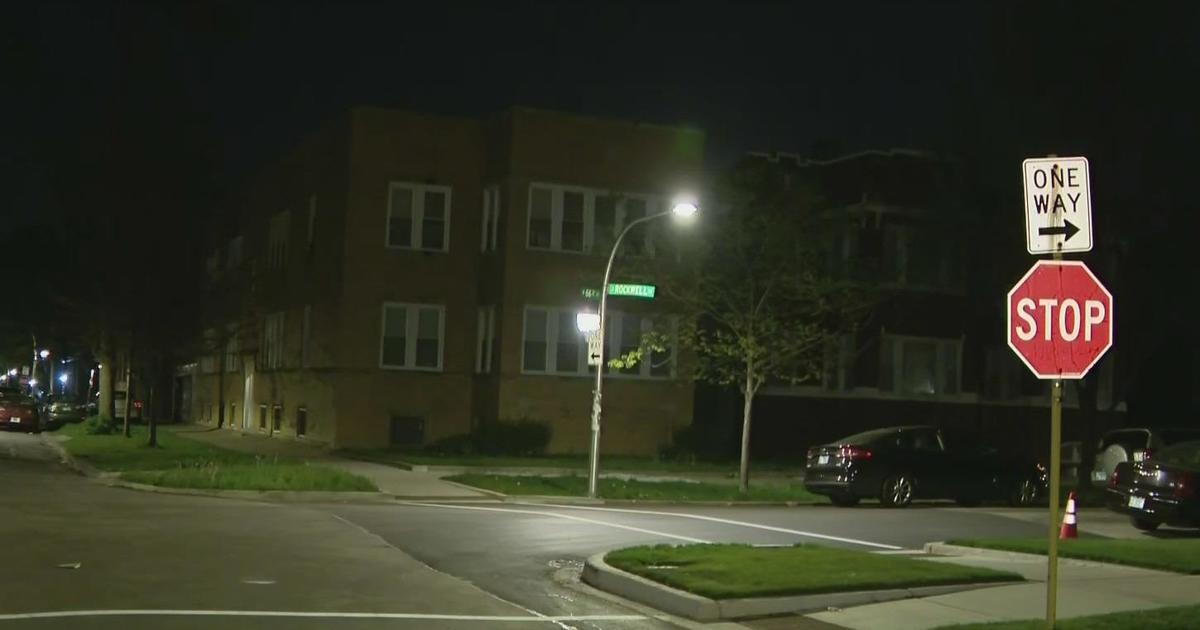Argonne National Laboratory researchers seeking ways to relieve flooding in Chicago neighborhoods
CHICAGO (CBS) -- State lawmakers in the Illinois House spent Thursday discussing ways to improve federal and local flooding responses in the Chicago area.
Heavy rain flooded out basements and streets several times this past summer, displacing residents and causing thousands of dollars in damage.
CBS 2's Tara Molina connected with researchers focusing on Chicago neighborhoods hit hardest by flooding, with the impacts of climate change only expected to worsen those conditions.
People in Chatham have been bracing for more rain through this week, in a neighborhood researchers said has had some of the worst flooding in Chicago.
They're studying best ways to tackle that issue, something that means a lot to the community.
Chicago saw a lot of water this past summer, leading to flooded basements and flooded streets.
State lawmakers reviewed those scenes at a House Energy & Environment Committee meeting on Tuesday, and ways to improve the federal and local flooding response across the Chicago area.
Experts said we'll continue to see more of this in Chicago, with some neighborhoods impacted more than others.
"It rains everywhere in Chicago, but it floods in Chatham," said lifelong Chatham resident Nedra Sims Fears, who knows flooding firsthand. "I recall at least six major flood events, and two that were very severe; enough that the water triggered an electrical fire."
She leads the Greater Chatham Initiative, a community group now working directly with a team of scientists and researchers from the U.S. Department of Energy's Argonne National Laboratory to focus on flooding – homing in on Chatham as a neighborhood hardest hit.
"We have lived this experience for decades, and you just get ready for it, because you know it might happen to you again," she said.
It's an area with a lot of concrete and asphalt, and not a lot of green space.
"I have learned more about green infrastructure in the last year, and how important it is, and particularly with climate change and the more frequent flooding events," Fears said.
Dr. Rao Kotamarthi is part of that team, as science director at the Center for Climate Resilience and Decision Science.
"We are getting ready to put instruments in the neighborhood itself," he said. "We actually are building a model for the entire city, but particularly for flooding in the Chatham neighborhood."
Connecting with the Chatham community is a big part of the research they're doing. They hosted a "flood fair" last month to provide community solutions to combat climate change.
"These kinds of events, they used to be an anomaly. Not anymore. They are becoming more like this is how climate is going to be as we move forward," Kotamarthi said.
"It's just really a wonderful feeling to have this partnership, and to have the partnership center our voices so that we are heard," Fears said.
Kotamarthi said, over the next five years, they'll study and model the Chatham neighborhood, with the team developing new methodology and computer simulations to estimate increased flood risk from climate change.
"It really came right on time, because we know this is our future," Fears said.
Kotamarthi said research they're doing now, and for the next 5 years, will ultimately lead to best flooding solutions here in Chatham; and hopefully fixes that could be applied in other neighborhoods, too.
"Climate change is not the only factor, but one of the critical factors when we see how we plan for the future, and how it affects floods," he said.
RELATED: Argonne scientists working to change Humboldt Park's 'heat dome'




